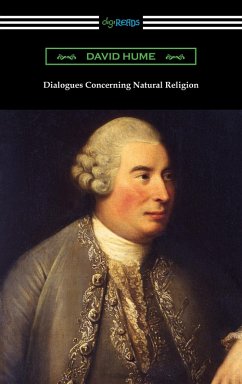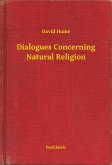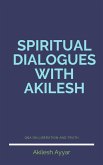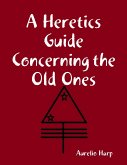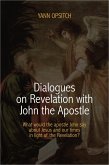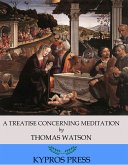First published posthumously in 1779, "Dialogues Concerning Natural Religion" is Scottish philosopher David Hume's classic work of religious philosophy. This detailed and exhaustive examination of the nature and existence of God was begun by Hume in 1750, but not completed until shortly before his death in 1776. Hume was an important and influential English Empiricist, along with other English philosophers such as Francis Bacon, John Locke, and Thomas Hobbes. Empiricism rests upon the idea that all rational belief must be supported by experiential evidence. It is within the scope of this philosophy that Hume examines the nature of God in this work and asks the question as to whether or not man's belief in God can be supported by experience or evidence. This exposition takes place in the guise of a dialogue between three characters, philosophers Demea, Philo, and Cleanthes, who each take different points of view on the subject. Arguments such as intelligent design, the existence of evil as evidence that there is no God, and valuing faith over reason are debated by the three philosophers. "Dialogues Concerning Natural Religion" is a fascinating examination of faith from a philosophical perspective and a must read for any student of philosophy or religion. This edition includes a biographical afterword.
Dieser Download kann aus rechtlichen Gründen nur mit Rechnungsadresse in A, D ausgeliefert werden.

